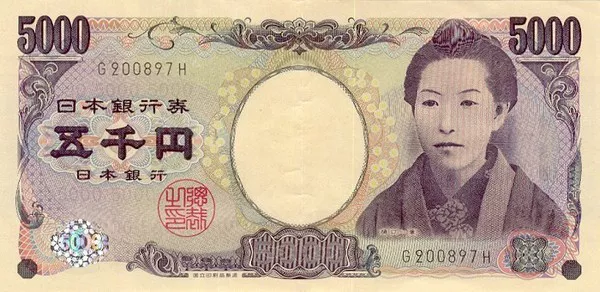Most Asian currencies rose on Thursday, benefiting from weakness in the dollar after the Federal Reserve hiked interest rates as expected, but also downplayed expectations for a U.S. recession this year.
The central bank flagged improvements in U.S. inflation, and also said that future rate hikes will be dependent on economic data. But a key point of support for risk-driven markets was comments from Fed Chair Jerome Powell, who said that the central bank no longer expected a U.S. recession this year.
Dollar retreats as risk appetite improves, Asian currencies rise
Asian markets benefited from Powell’s comments, while the dollar dipped amid improving risk appetite. The dollar index and dollar index futures extended losses into Asian trade, falling about 0.1% each on Thursday.
The Australian dollar was among the best performers for the day, rallying 0.7% as it rebounded from steep losses in the prior session. The currency was also aided by some speculation that the Reserve Bank could still hike interest rates further this year.
The Chinese yuan rose 0.3% following a stronger-than-expected daily midpoint fix from the People’s Bank. Data on Thursday also showed that Chinese industrial profits improved slightly in June, although they still fell sharply from the prior year.
Focus is also on any more upcoming stimulus measures in China, after top government officials vowed to roll out more policy support for the economy.
The South Korean won rose 0.3%, extending gains after recent data showed that the country’s economy grew slightly more than expected in the second quarter.
Among risk-heavy Southeast Asian currencies, the Malaysian ringgit rallied 1.5%, amid reports that the Malaysian central bank was intervening in currency markets to stem further weakness in the ringgit.
Japanese yen ticks higher ahead of BOJ
The Japanese yen rose 0.2% to a one-week high against the dollar, ahead of a widely-anticipated Bank of Japan (BOJ) meeting on Friday.
A majority of analysts expect the bank to hold interest rates at record lows and maintain its yield curve control policy.
But a small group of investment banks warned that the BOJ could potentially shock markets with a change to its yield curve control policy, amid sticky Japanese inflation and laggard wage growth.
The yen has also faced increasing headwinds from a widening gap between U.S. and Japanese interest rates – a trend which has pushed up Japanese inflation, and could also spur policy tightening by the BOJ.


